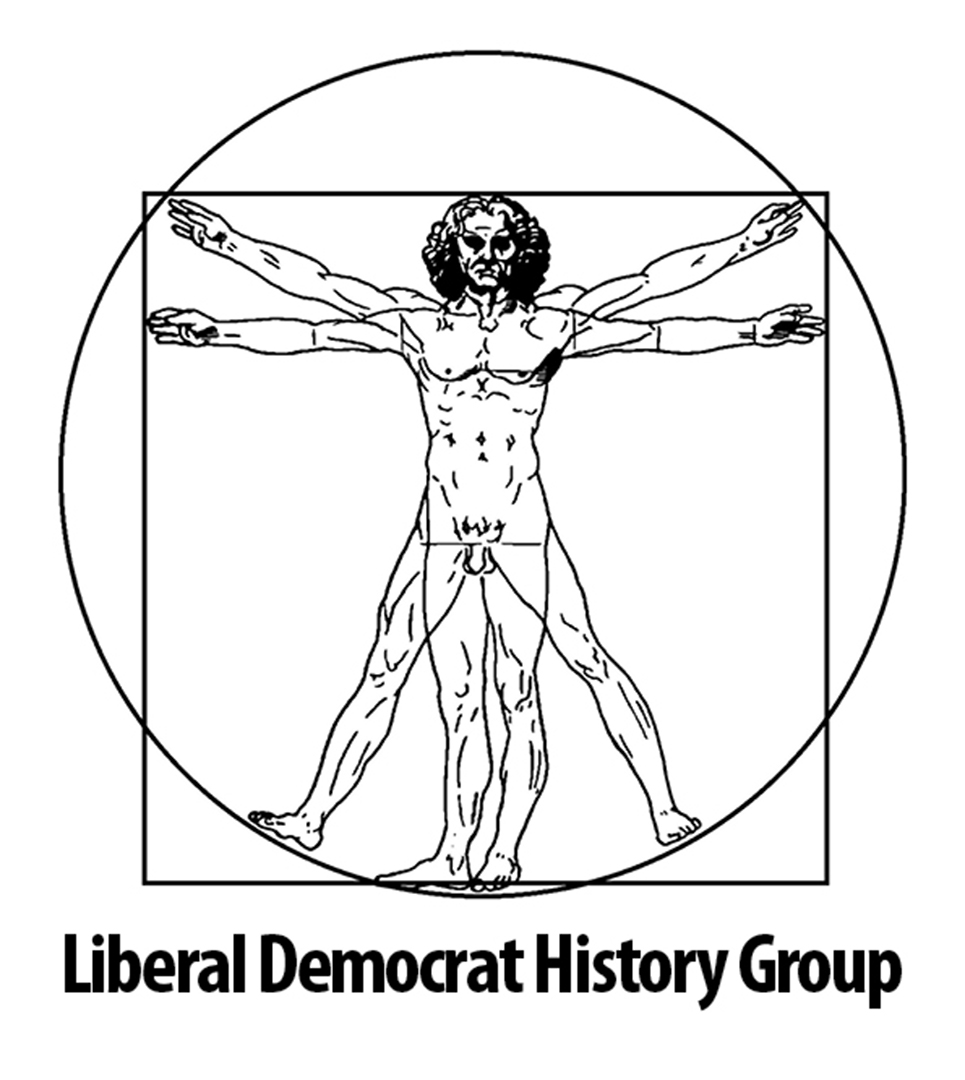Dadabhai Naoroji was born in Khadka, near Mumbai, on 4 September 1825, the son of a Parsee priest. At the age of eleven he was married to Gulbai, then aged seven, herself the daughter of a priest. Together they had a son, who died in 1893, and two daughters. Naoroji was educated at the Elphinstone School and College in India where he stayed on to teach, becoming the first Indian professor of mathematics and natural philosophy. He took part in the social and political debate as a proponent of reform, opened a newspaper, Rast Goftar, in 1851 and was a founder member of the Bombay Association in 1852. He first came to England in 1855 as a partner in the first Indian firm established there, but went on to become Professor of Gujerati and a life governor at University College, London. He developed his interest in reform and was prominent in campaigns to open up the Indian Civil Service to Indians, which he helped achieve in 1870.
On return to India he continued with political life, serving as Prime Minister of Baroda in 1873–74, but he did not enjoy this role. He went on to become a member of the Corporation and Municipal Council of Bombay between 1875–76 and again from 1881–85, and was a member of the Legislative Council of Bombay from 1885–87. He served as president of the Indian National Congress in 1886, 1893 and 1906.
Naoroji came back to England and was chosen to fight Holborn for the Liberals at the general election of 1886. After he lost, he put himself forward as candidate for Central Finsbury, fighting and winning a divisive selection battle in the constituency. Commenting on the outcome, the Conservative Prime Minister, the Marquess of Salisbury, remarked that he ‘doubted that a British constituency would elect a blackman’. Naoroji gained sympathy as a result and at the general election of 1892 defeated the sitting Tory member, F.T. Penton, by 2,961 votes to 2,956 – a majority of just five, but how sweet that victory must have tasted in the aftermath of Salisbury’s arrogant, racist assertion. On a brief return to India in 1893, he received an ecstatic welcome and was feted as the first non-European to be elected to the House of Commons. However in the Tory landslide of 1895, he lost the seat by a margin of 805 votes to a new Conservative candidate. He never got back into Parliament. Falling out with the Liberal Party, he stood as an Independent Liberal in North Lambeth in 1906, but did not split the vote significantly enough to prevent the official Liberal from winning. He came third, behind the Conservative but ahead of an Independent Tory.
Naoroji espoused many then-unfashionable radical causes, including the equality of women, and was at the heart of many campaigns on behalf of India. He was President of the London Indian Society for many years and moved an enquiry into Indian affairs in the House of Commons in 1894. He was the first Indian member of a Royal Commission, serving on an inquiry into Indian expenditure between 1895–1900, signing a minority report. In 1894 he was a member of the Inter-Parliamentary conference at the Hague.
In 1907 he retired to India. His wife died in 1910. In 1916 he was awarded an honorary LLD degree by the University of Bombay. He died in Mumbai on 2 July 1917.
Naoroji wrote many papers, pamphlets and letters on social, political and economic subjects, mostly about India. A collection on these were published in 1887. He believed the British Raj was draining away Indian resources, and publicised his arguments most forcefully in his book, Povery and un-British Rule in India, published in 1901. He also wrote Rights of Labour which came out in 1906. A collection of his speeches and writings was published under the title The Grand Little Man of India: Dadabhai Naoroji, edited by A. Moin Zaidi. His correspondence was published in 1977 in a book by R.P. Patwardhan. Two biographies of Naoroji have appeared: R.P. Masani, Dadabhai Naoroji, The Grand Old Man of India (1939) and, celebrating the hundredth anniversary of his election to Parliament, Zerbanoo Gifford, Dadabhai Naoroji: Britain’s First Asian MP (1992).
Pash Nandra
This biography first appeared in the Dictonary of Liberal Biography (Politico’s Publishing, 1998).

